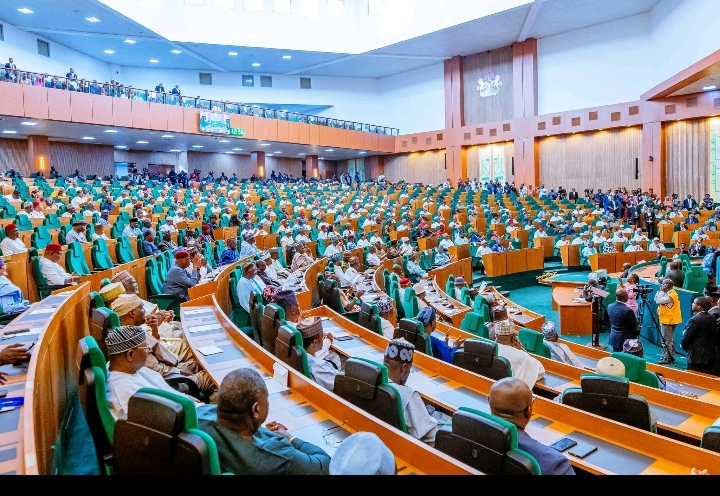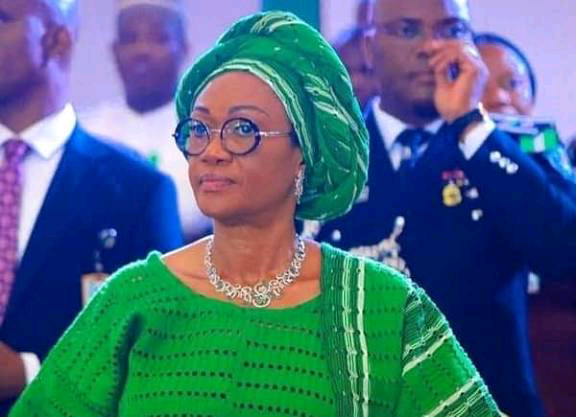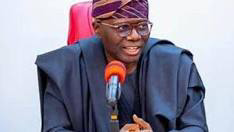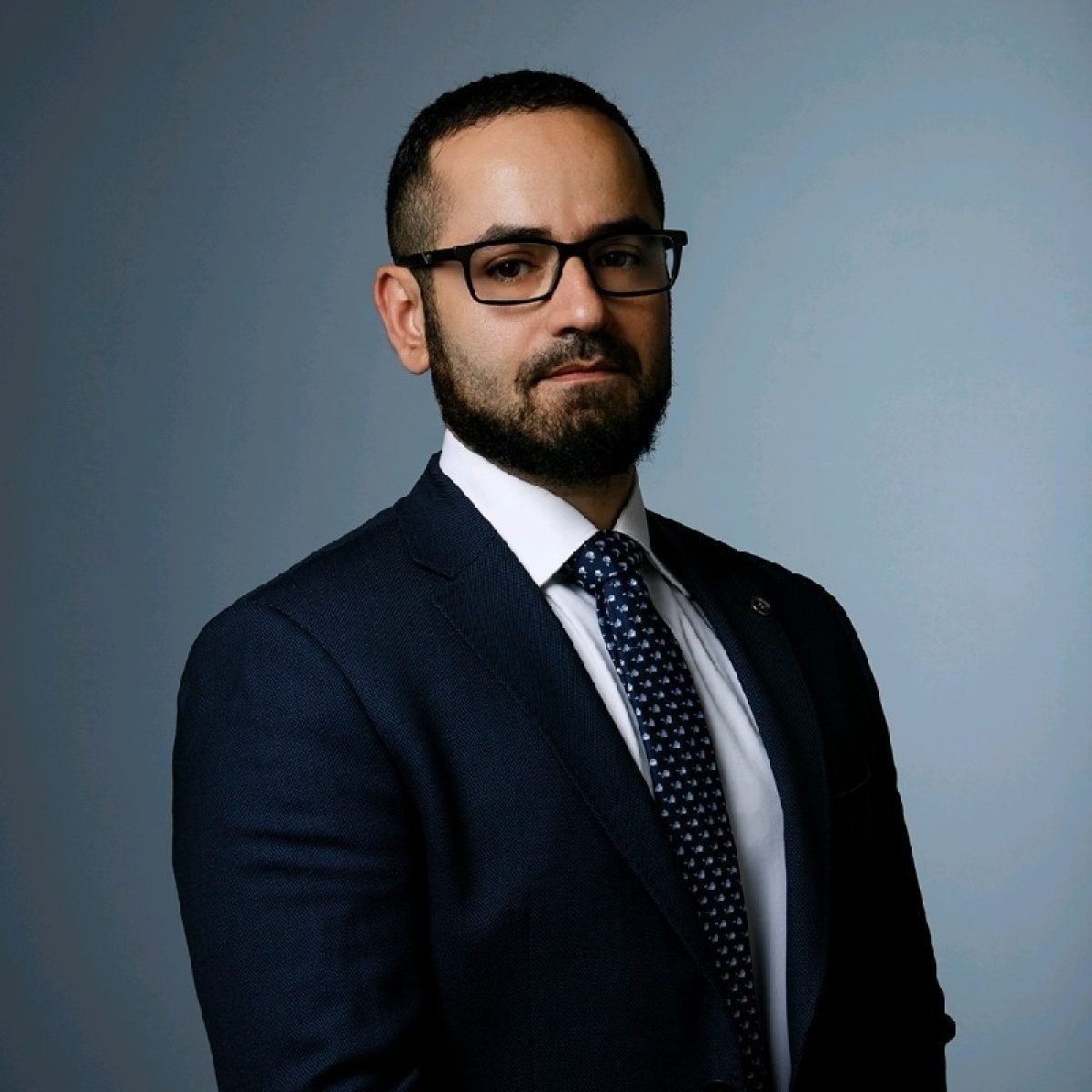We Decided to Pass Tax Reform Bill in National Interest,.Says Akpabio

Senate President Godswill Akpabio has announced that the National Assembly’s decision to approve President Bola Tinubu’s tax reform bills was motivated by a desire to promote the country’s overall well-being.
According to Akpabio’s spokesperson, Eseme Eyiboh, the bills were passed after a lengthy and thorough process that involved input from various stakeholders and prioritized the nation’s development.
The legislation, which includes the Joint Revenue Board Establishment Bill, Nigeria Revenue Service Establishment Bill, Nigeria Tax Administration Bill, and the Nigeria Tax Bill, is a key component of President Tinubu’s economic reform agenda, known as the Renewed Hope initiative
. These bills were initially submitted to the National Assembly in November 2024 and were approved by the Senate last week after a protracted period of discussion.
Akpabio noted that the bills are crucial to President Tinubu’s economic reform efforts and will help to enhance the country’s revenue generation and tax administration systems, making them more equitable and efficient. However, the legislative process was not without its challenges, as some lawmakers, particularly from the northern region, expressed concerns that certain provisions, such as the plan to allow tax-generating states to retain a larger share of Value Added Tax (VAT) revenues, could have a negative impact on their region.
To address these concerns, the Senate negotiated a compromise, which reduced the retention rate and rephrased certain terms to achieve a consensus.
The bills also faced opposition from state governors and internal divisions within the National Assembly, but Akpabio’s leadership and ability to build consensus helped to overcome these obstacles.
Akpabio praised his colleagues, including Speaker of the House of Representatives Tajudeen Abbas, for their support and acknowledged the role of governors who initially opposed the bills but eventually backed the revised proposals.
The Senate President emphasized that the legislative process was transparent and inclusive, featuring public hearings and stakeholder participation.









